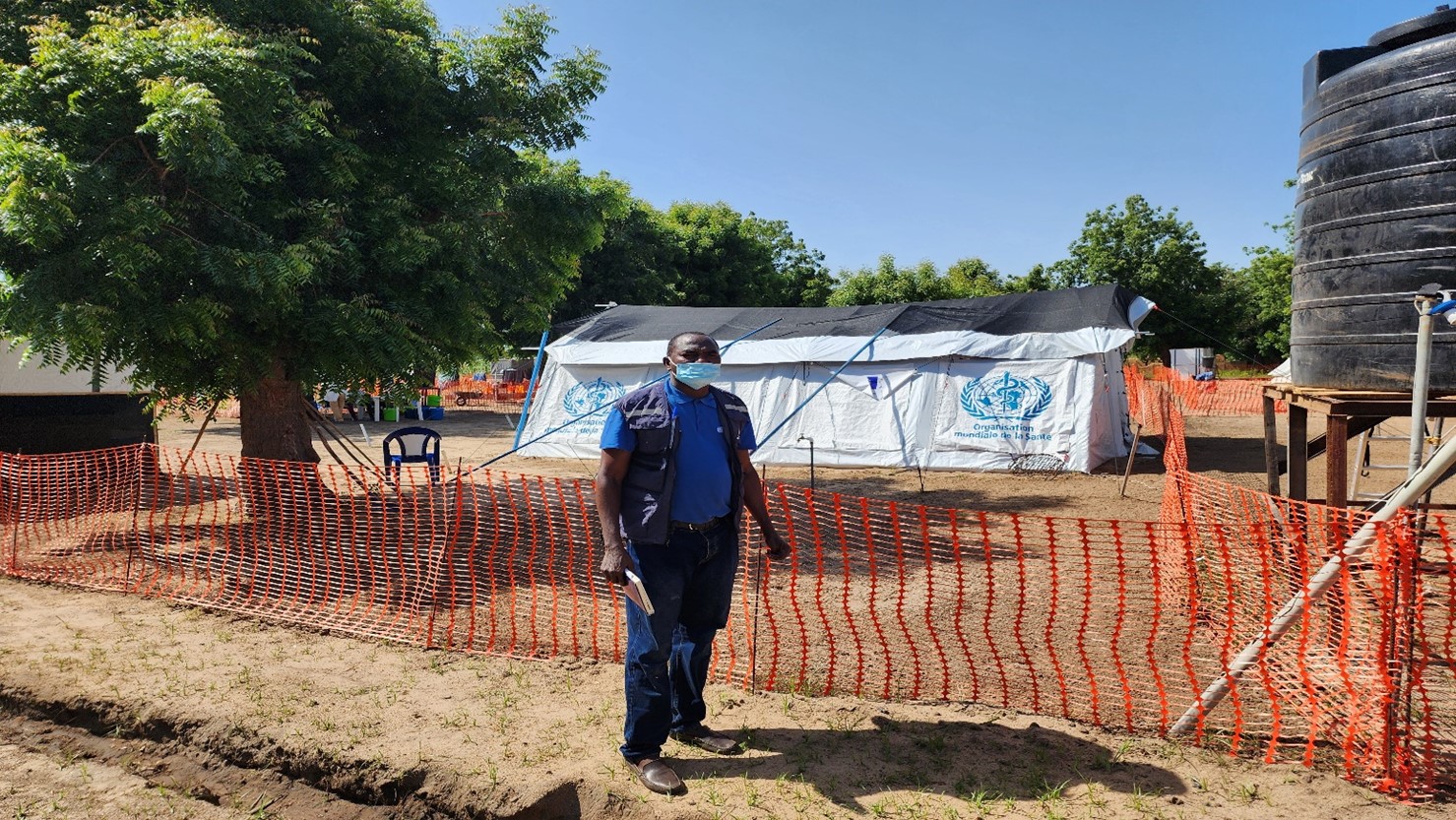Tahoua Region
https://en.wikipedia.org/wiki/Tahoua_Region
--------------------------------
Translation Google
Cholera epidemic in Tahoua: 160 cases and 6 deaths confirmed as of September 11
Thursday, September 12, 2024 11:09 PM
The cholera epidemic, initially declared in the commune of Karofane, department of Bouza (Tahoua region), with three deaths and more than 40 people infected, has progressed rapidly. As of September 11, 2024, it has reached 160 cases and caused 6 deaths, particularly affecting the health districts of Bouza, Konni and Madaoua since its official confirmation on September 6, 2024. Faced with this alarming situation, the Tahoua Regional Health Committee "One Health" met on Wednesday, September 11, 2024, in the Governorate of Tahoua, to assess the evolution of the epidemic and set up thematic commissions for better management of the health crisis.
During this meeting chaired by the Secretary General of the Governorate, Mr. Yacouba Soukeyradjou, the Regional Director of Public Health, Dr. Abdoul Moumouni Abdoulaye, presented a detailed overview of the epidemic. According to him, the situation in the districts of Bouza, Konni and Madaoua remains worrying, with a notable concentration of cases in integrated health centers (CSI) such as Karofane, Guidan Dan Baki, Takorka, Kankara, Dossey and Mounwadata. Of the 37 samples taken, 12 were confirmed positive for the Vibrio cholerae bacteria , confirming the epidemic.
Dr. Abdoul Moumouni stressed that health authorities have made considerable efforts to contain the spread of the disease. However, challenges persist, particularly regarding the supply of medicines and the difficulties of travel to reach some affected sites. He also warned of the exhaustion of available resources if the situation continues to worsen. “ We have the means at hand for the moment, but if the epidemic persists, we risk not being able to hold on ,” he warned, while launching an urgent appeal to partners for additional support.
In addition, the Regional Director of Public Health stressed the need to raise awareness among the population about the mechanisms of cholera transmission, recalling that the disease is mainly spread through contaminated water and poorly washed food. He urged residents to adopt rigorous hygiene practices, including treating drinking water, avoiding open defecation, and promptly consulting health services in case of symptoms such as diarrhea or vomiting.
Finally, Dr Abdoul Moumouni Abdoulaye requested the support of the media in this awareness campaign in order to prevent a wider spread of the epidemic and to encourage responsible behavior.
This meeting of the "One Health" Committee marks an important step in the management of this health crisis which is seriously affecting the Tahoua region. The authorities, in collaboration with local and international partners, hope to be able to control the situation and avoid a larger-scale disaster. However, with health districts still potentially vulnerable such as Kéita, Illéla and Abalak, vigilance remains essential to prevent the emergence of new sources of contamination.
actuniger.com with ANP

Comment